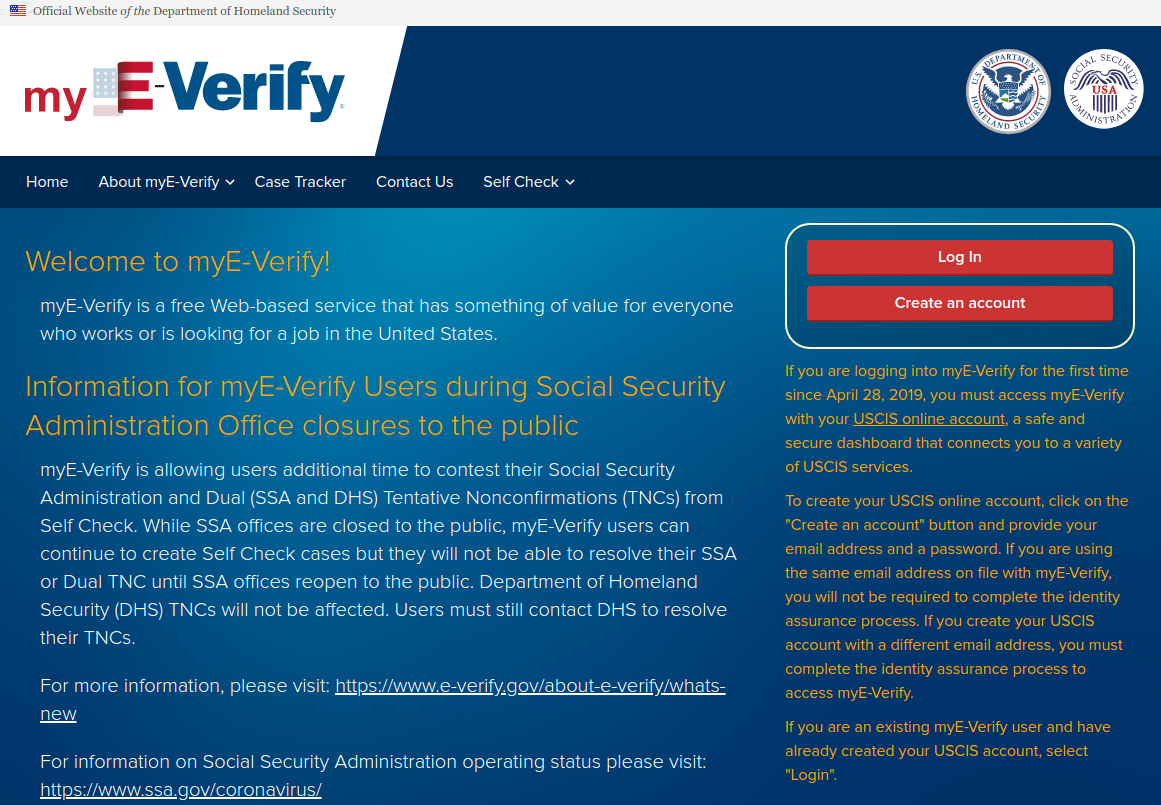From bleepingcomputer.com

A new browser extension called Behave! will warn you if a web site is using scripts to perform scans or attacks on local and private IP addresses on your network.
When browsing the web, scripts embedded on web pages can be used to not only port scan a visitor’s computer for open TCP ports, but also initiate attacks on other devices on your network.
In May, it was discovered that well-known sites such as eBay, Citibank, TD Bank, and more would port scan a visitor’s computer to identify Windows remote access programs running on it.




